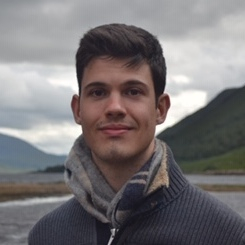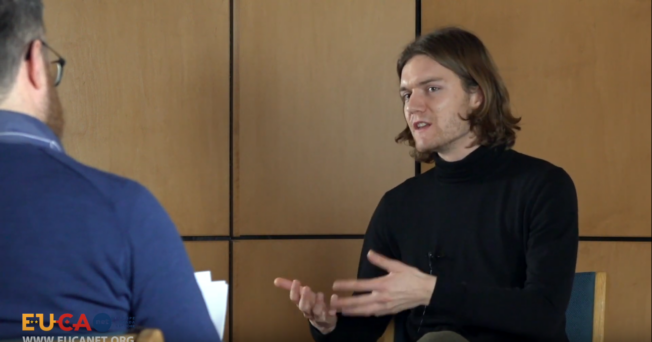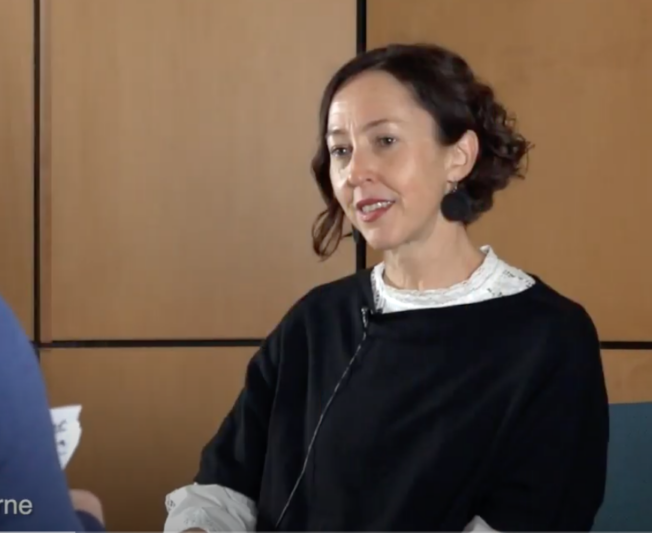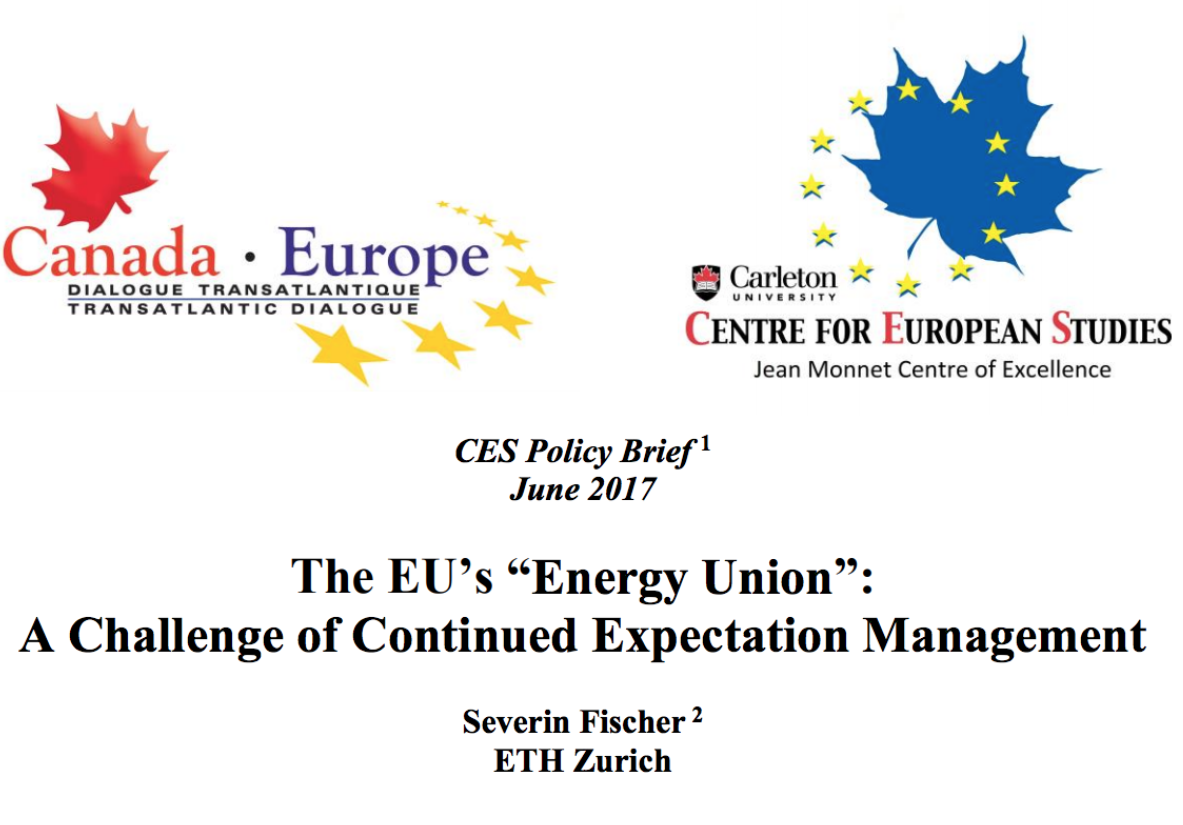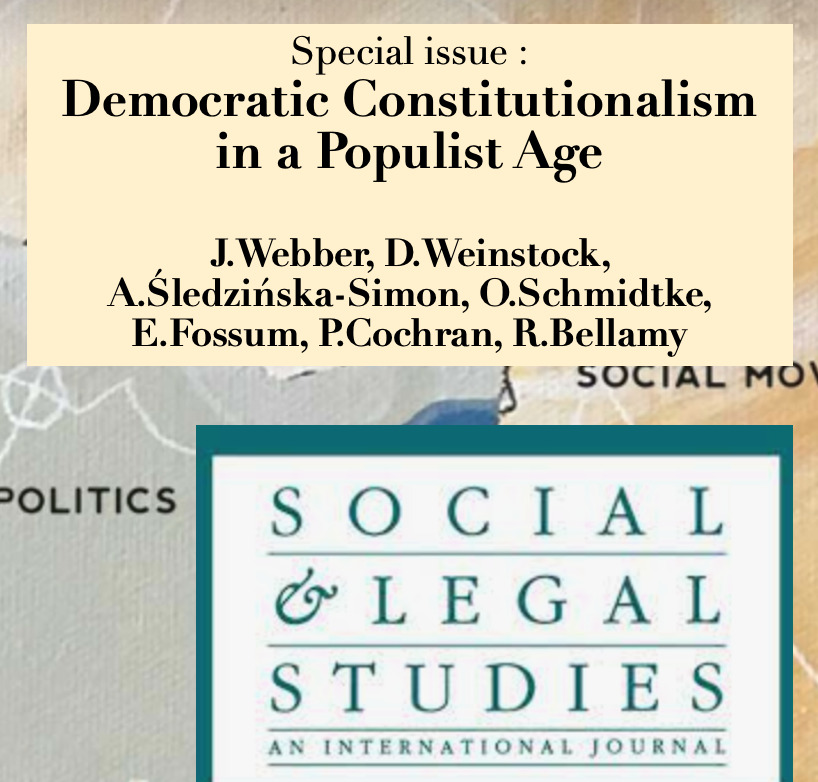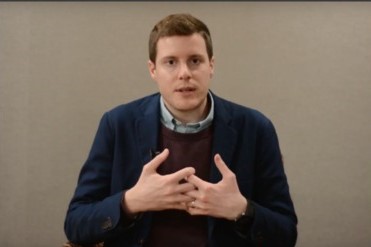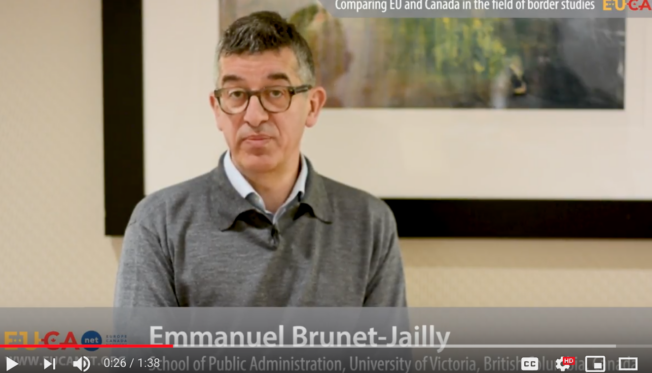Young scholar, Laurence Claussen on his fascination with the EU and research on populism
Laurence Claussen is a graduate student at the University of British Columbia. He is a new member of the European Community Studies Association in Canada (ECSA-C) and participates in the interview series for young researchers on their expertise in the field of European Studies and what drives their research agenda.
What attracted you to the field of European Studies/fascinated you about the EU?
I am European, and as such my life and career are intrinsically bound to the fate of the EU. But my fascination comes primarily from my love of history, which I studied for my undergraduate degree. Reading about European history over the centuries I find it impossible not to appreciate the enormity of the EU project. It has become such a regular facet of global politics, and is so frequently maligned, that I think many fail to perceive how ambitious and unprecedented a union like this is.
I suppose my interest in the EU stems from my respect for it. But I also believe that what the EU is trying to accomplish with its supranational organization and coherence is where many believe the future is headed. For a long time the UN was supposed to represent the paragon of global governance, but in the last twenty years or so I think the EU has taken this mantle. It has problems and shortcomings. It is still infuriatingly inefficient at times and struggles to present and explain itself well. And it is fragile, as many observers have been whispering about its demise for more than a decade now. But these obstacles only make the EU more compelling as a human endeavor; the fact that its future isn’t set in stone means that we have to pay all the more attention to it.
What is the most important issue to be addressed in your research?
Generally, I am most concerned about populism and partisanship, forces that I think have the greatest potential to unravel the European community. Both subjects are written about and discussed extensively, but I still feel like the political community needs to take more concrete steps to prevent the internal erosion of their institutions. Relatedly, much of my research is concerned with how to cultivate bipartisanship, and how to temper the negative effects of polarized thinking.
The topic is so important in the case of the EU, I believe, because as Brexit has demonstrated the most likely route to an EU dissolution is through developments in domestic politics. As long as the member states are internally healthy and mostly moderate, crises can come and go but the union will stand. But when dissatisfaction and caprice are allowed to build the most obvious target is a complex, poorly understood and long-term project like the EU. If that happens secession movements will gain momentum and alternative means of political organization will take over. Whether the Brexit fiasco and COVID-19 has dampened the populist and partisan impulse in Europe is not clear, but I think it will continue to be the story of European politics for the next ten years. Trying to understand these processes better is an important goal of my research.
Laurence Claussen is pursuing an MA in Political Science with a focus on US politics, migration, ethics in democracy, and public opinion. He has an MA in History from the University of Aberdeen. His studies focused on modern political theory, European history, Western ethics, and the politics of conflict and terrorism. He also has an International Baccalaureate Diploma from the Berlin Brandenburg International School.
Laurence was a Teaching Assistant at the University of British Columbia between 2019-2020. In the summer of 2018, he worked as an administrative intern at the Press Office at the US Embassy in Berlin. In 2014, he worked for the Regional Security Office at the US Mission in Germany.
